
Project gateway
Get to know the 100 projects that we fund so far. You can also check the list of operations to find out who receives the funding.
Browse our projects
58
599
605
52
194
104 m €

Boosting the bioeconomy
The bioeconomy concept seeks to replace fossil resources with renewable raw materials in as many areas and applications as possible. The BIOECO-UP project widely establishes this concept across central Europe. The partners will design new circular value chains for the bioeconomy and change consumer behaviour. They will also support the policy level to push ahead with the transformation.

Boosting carbon farming in central Europe
Carbon farming is the process of changing agricultural practices to increase the amount of carbon stored in the soil, or to reduce greenhouse gas emissions from livestock. It has huge potential but is still underused in central Europe. The Carbon Farming – CE project wants to change this and make regions more familiar with the concept. The partnership adapts and tests various techniques and ...

Standardising circular public procurement processes
Circular procurement considers the whole life cycle of goods and services and can help to avoid negative environmental impacts. However, no common standards exist so far and requirements for incorporating circular criteria into public tenders vary from country to country. The CE-PRINCE project steps in to standardise circular procurement approaches across central European countries and industries. The partners improve capacities of public authorities to ...
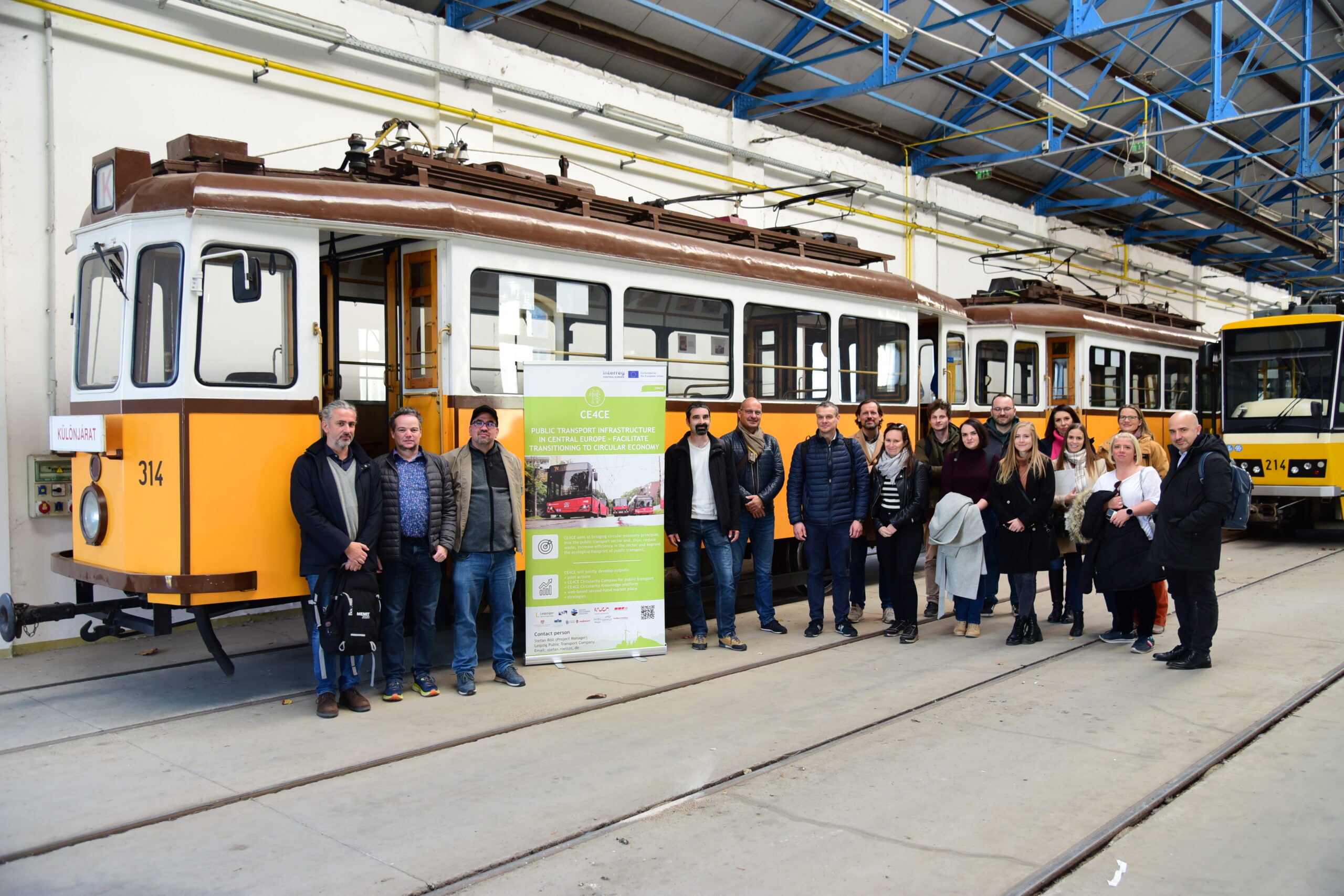
Greening public transport
Public transport helps to lower emissions but it is still resource- and waste-intensive in itself. The CE4CE project reduces the ecological footprint of public transport through a higher circularity. The partners identify circularity gaps and develop innovative circular economy models for planners and operators. They provide guidance on how to incorporate circular economy principles into procurement processes for services and infrastructure and design more ...

Stopping biodiversity loss through better ecosystem management
Central Europe is challenged by a loss of biodiversity caused by an unsustainable management of ecosystems. Many rural communities miss support for a transition of their ecosystems. This shortcoming is tackled by the Central-BIC project, in which the partners develop new tools and methodologies for managing ecosystems sustainably. They involve producers and consumers directly in testing tailored solutions for three supply chains: livestock, agriculture, ...

Involving citizens to better adapt cities to climate change
Cities increasingly face negative effects of climate change and try to adapt. But their adaptation strategies often do not work out as planned because citizens and stakeholders are not sufficiently involved in developing these. The CICADA4CE project helps city authorities to design effective climate change policies based on the concept of ecosystem- and community-based adaptation. The partners co-create action plans with citizens and other ...
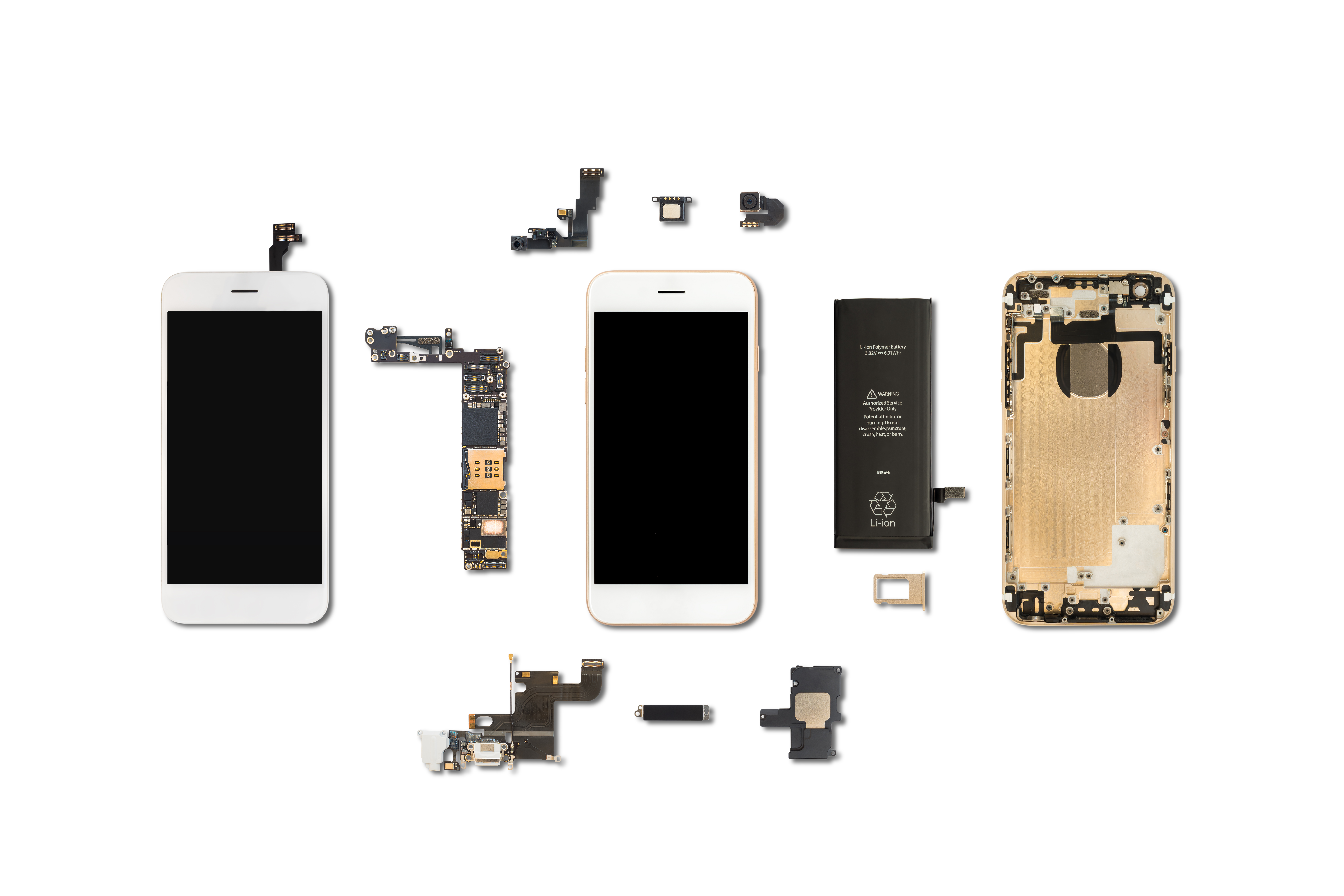
Increasing circularity in electronics production
The environmental impact of electronics manufacturing is not just limited to waste creation but also raises concerns about air pollution, water and soil contamination in production processes. To overcome this, the CIRCOTRONIC project brings together scientists, entrepreneurs, and policy makers from nine manufacturing regions in a transnational network of regional circular labs. Together, they develop solutions for more circular value chains and design a ...

Taking care of electronics waste
Discarded electrical and electronic equipment is one of the fastest-growing waste streams in Europe. Regional approaches to reducing, recovering and reusing such equipment need to be better coordinated to prevent illegal waste trafficking and disposal across borders. The Circular WEEEP project connects public authorities to identify good practices and define common waste criteria. The partners also plan to develop and test a transnational strategy ...

Preventing food waste through circularity
Nearly ten percent of all food produced for consumers goes to waste in Europe. Circular economy could help prevent much of that waste but businesses and regional planners often do not know how to introduce them. The project CIREVALC helps them to make regional value chains in the food, catering and packaging sectors more circular through a community approach. The partners jointly design and ...

Improving forecasts of extreme weather events
Climate change increases the risk of severe weather events in central Europe. Increasing resilience to droughts, heatwaves and fires is urgent but tools that monitor and predict these phenomena are widely missing. The Clim4Cast project establishes a new weather forecast tool, which will be integrated into existing national monitoring platforms of seven countries. Concrete action plans to set up regional response mechanisms are also developed.

Making better use of data to counter climate change
Huge quantities of environmental and meteorological data are already available both within public institutions and from open sources. But how to make sense of all the data to improve public responses to heatwaves, droughts, floods and reduce their impact on biodiversity? The Climate_CRICES project enhances the capacity of public authorities to manage climate change effects projected by the data. A dashboard visualises available data ...

Promoting urban farming in central Europe
The rapid expansion of cities increasingly causes land use conflicts. Green areas are declining while citizens demand more community gardens and cultivable spaces. This calls for a new approach on urban land use, which the CoFarm4Cities project delivers. The partnership develops climate-friendly, nature-based solutions that increase urban resilience to climate change. They design and pilot a replicable model for profitable urban farming with key ...
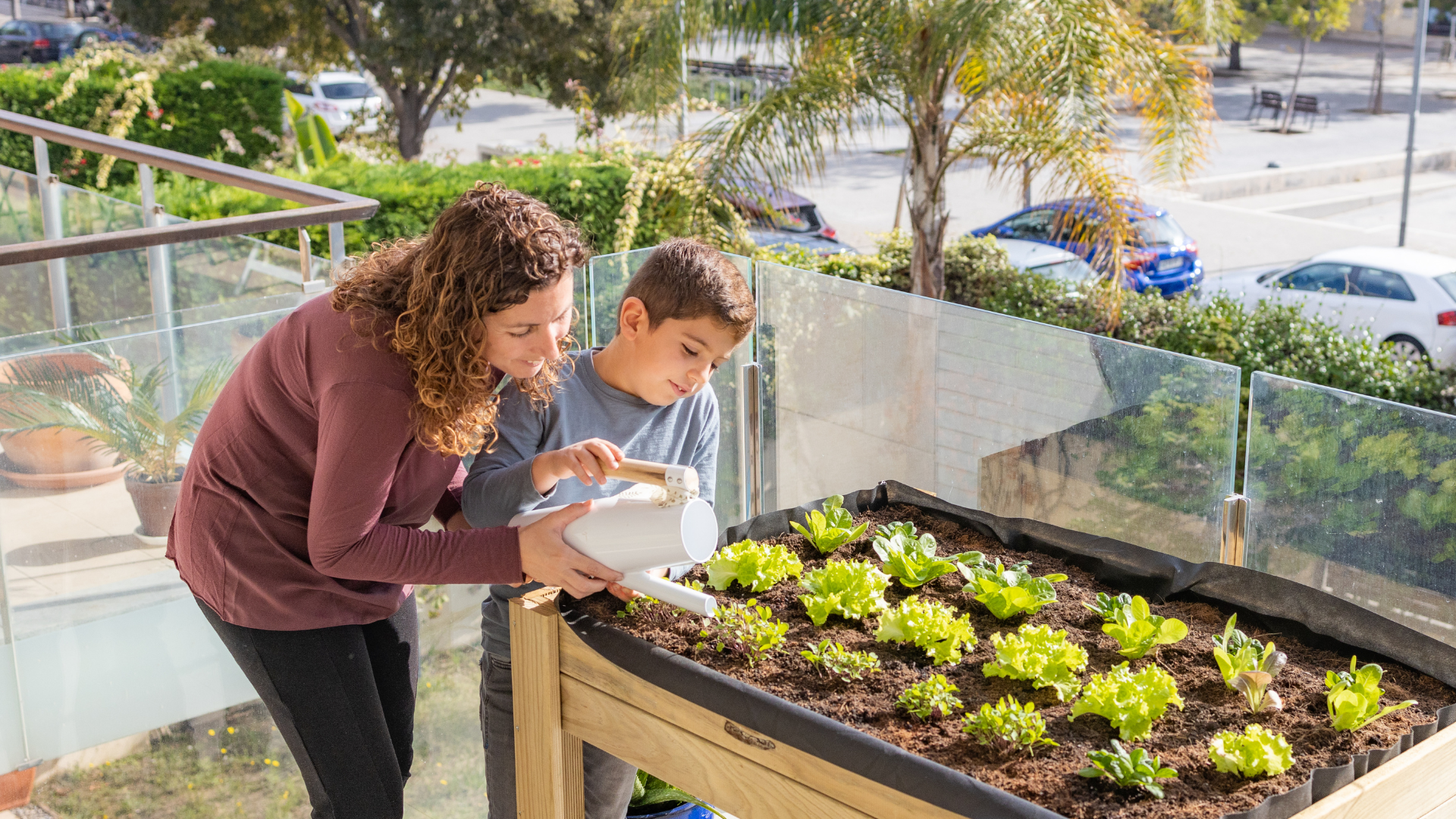
Tackling climate change in cities together with their citizens
Despite the numerous negative effects of climate change on the environment and people’s health, climate risk awareness is generally quite low among citizens. To change this, there is a need to target and actively involve all generations. The CONE project helps city authorities to work better together with citizens to make cities greener. The partners design and test new participatory and digitally-driven processes that ...
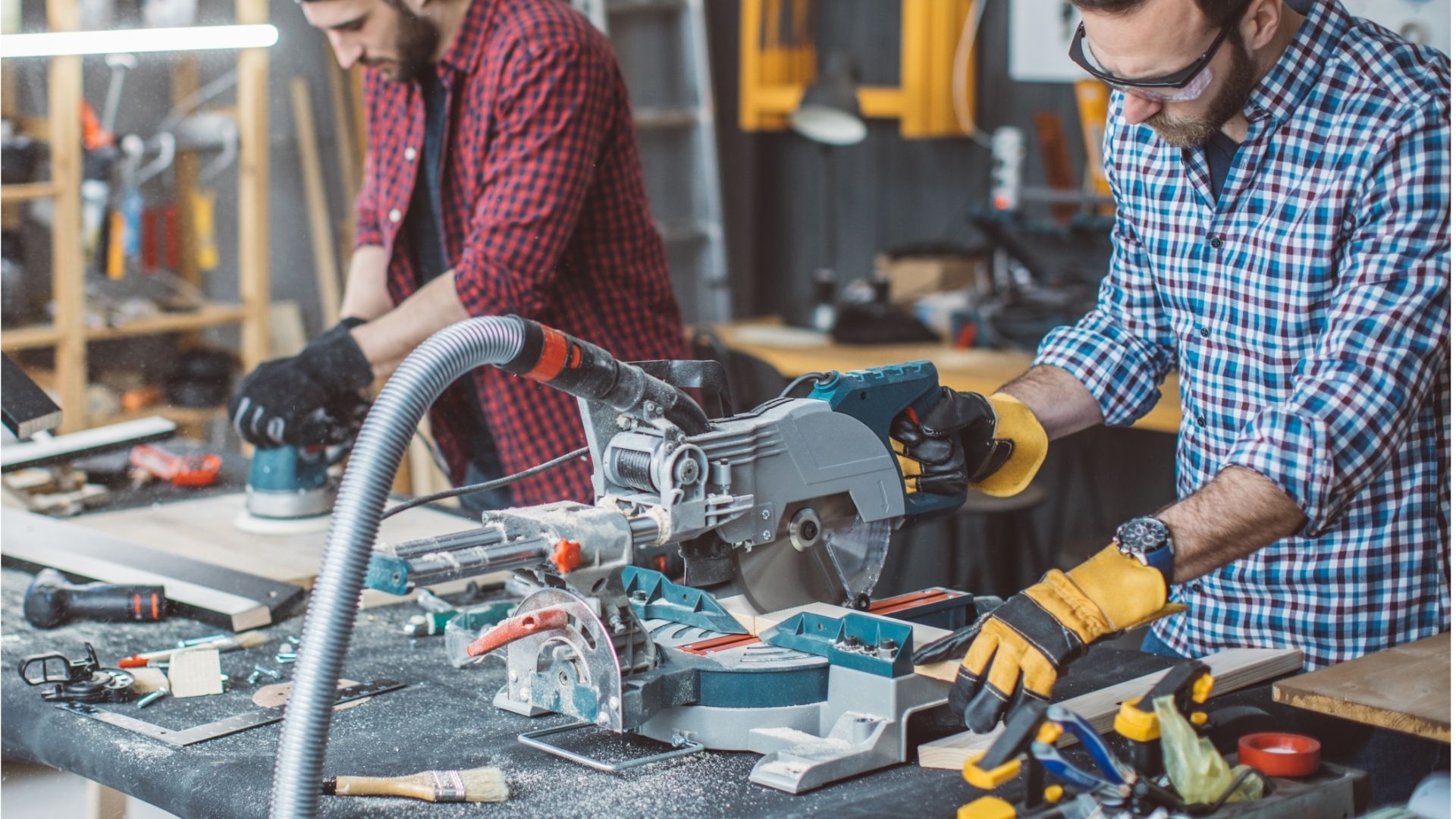
Piloting circular products in the manufacturing industry
The ongoing transition to a circular economy is not only a tedious obligation for the manufacturing industry. It also offers an opportunity to develop innovative sustainable products. The CURIOST project helps small- and medium-sized companies in sectors like mechanics, packaging, plastics, and construction to harvest the potential benefits. They help selected companies to co-develop tailor-made, innovative, sustainable and circular product prototypes. The learnings are ...

Dimming urban lights to protect ecosystems
Bright city lights at night can be helpful but also polluting. They negatively affect human health and the environment. Awareness for this problem is still rather low in many central European cities and now addressed by the DARKERSKY4CE project. The partners change the perceptions about light pollution among local policymakers, tourism entities, and citizens. They spotlight the adverse impact of light pollution on ecosystems ...

Reducing food waste at schools through repurposing
Food waste has negative social, environmental, and economical impacts. It is estimated that about 20% of all food produced is wasted in the EU every year - and school canteens even throw away up to 70% of their prepared meals. The foodCIRCUS project works with schools to minimize this food waste. It promotes food waste prevention, and explores innovative circular methods like repurposing waste ...

Greening the delivery of social services
Greening the delivery of products to people has been addressed for many years - but what about the delivery of social services? Offering these to people at home is often unsustainable, it causes CO2 emissions and traffic issues. The Green LaMiS project develops a common strategy for a more sustainable delivery of home social services based on carbon footprint calculations and territorial characteristics. The ...

Cleaning up the chemical industry
The chemical industry in central Europe struggles with excessive waste, high greenhouse gas emissions, and a strong reliance on petroleum-based materials. The GreenChemForCE project helps companies to change production processes from linear production streams to circular systems. The partners test new technologies that reduce hazardous solvents and reuse remaining ones. They also develop a strategy for the production of greener chemicals and train a ...

Co-designing sustainable mobility for commuters
Commuting from nearby places into cities is a major source of urban greenhouse gas emissions and the lack of sustainable mobility options heavily contributes to the problem. The GreenPATH project co-designs smart and green mobility options for students and employees together with mobility managers. More concretely, the partners develop a joint strategy for the integrated governance of commuter flows and draft action plans for ...

Making grey cities greener
Cities are growing in central Europe, often turning green areas into grey concrete places. This urban sprawl accelerates negative effects of climate change such as urban heat islands. The GreenScape-CE project works on reversing the trend by making urban areas greener again. The partnership strengthens planning capacities and pilots the application of nature-based solutions and green infrastructure approaches in five cities, which are significantly ...

Greening urban freight transport
People like to shop online but this comes hand-in-hand with more freight transport. Cities are most affected by higher emissions, noise and the congestion of public spaces linked to deliveries. The GRETA project offers solutions on how to decarbonise the so-called last mile of freight transport. In their joint efforts, the partners pilot the use of zero-emission-vehicles like cargo bikes. They also re-organise urban ...

Helping regions to use hydrogen
Transitioning to green energy is key to tackling climate change and creating sustainable economies. Green hydrogen holds significant promise but accounts for less than 2 percent of Europe’s current energy consumption. The H2CE project helps regions in central Europe to boost the integration of hydrogen in their local and regional energy planning. The project develops and tests new planning tools for public authorities and ...

Keeping forests healthy and functional
Forests are complex ecosystems that store carbon, preserve soils and nurture many animal and plant species. But negligence and unsustainable forest management practices endanger their health and risk biodiversity loss. The HealthyForestRegions project develops concepts to strengthen the commitment of key policy stakeholders to better safeguard forest ecosystems. The partnership also tests new tools and solutions for the transition to ecosystem-based forest management in ...

Greening district heating systems
Many district heating systems in central Europe still rely heavily on fossil fuels. New approaches utilize various heat sources but are complex to implement. The HEAT 35 project supports eight regions and cities in the transition process to run their district heating systems on 50% of renewables and waste heat by 2035. The partners involve district heating operators and experts to design new solutions. ...

Establishing renewable energy communities in central Europe
Central Europe is phasing out fossil fuels but related costs remain high. Extensive investments in renewables and energy efficiency are needed. Renewable energy communities (REC) can help with that. They enable collective and citizen-driven actions, such as the production and sharing of renewable energy. The HERCULES-CE project promotes the introduction of these communities strategically and in local pilot actions. The partners test innovative data-driven ...

Sheltering protected areas for and with tourists
Tourism in protected areas is a sensitive issue. It is sometimes hard to find the right balance between preserving these and opening them up to visitors. The HUMANITA project develops evidence-based and participatory management tools that allow regions to better monitor and evaluate the impact of tourism in protected areas. The partnership involves tourists and local communities in the development of their solutions, which ...
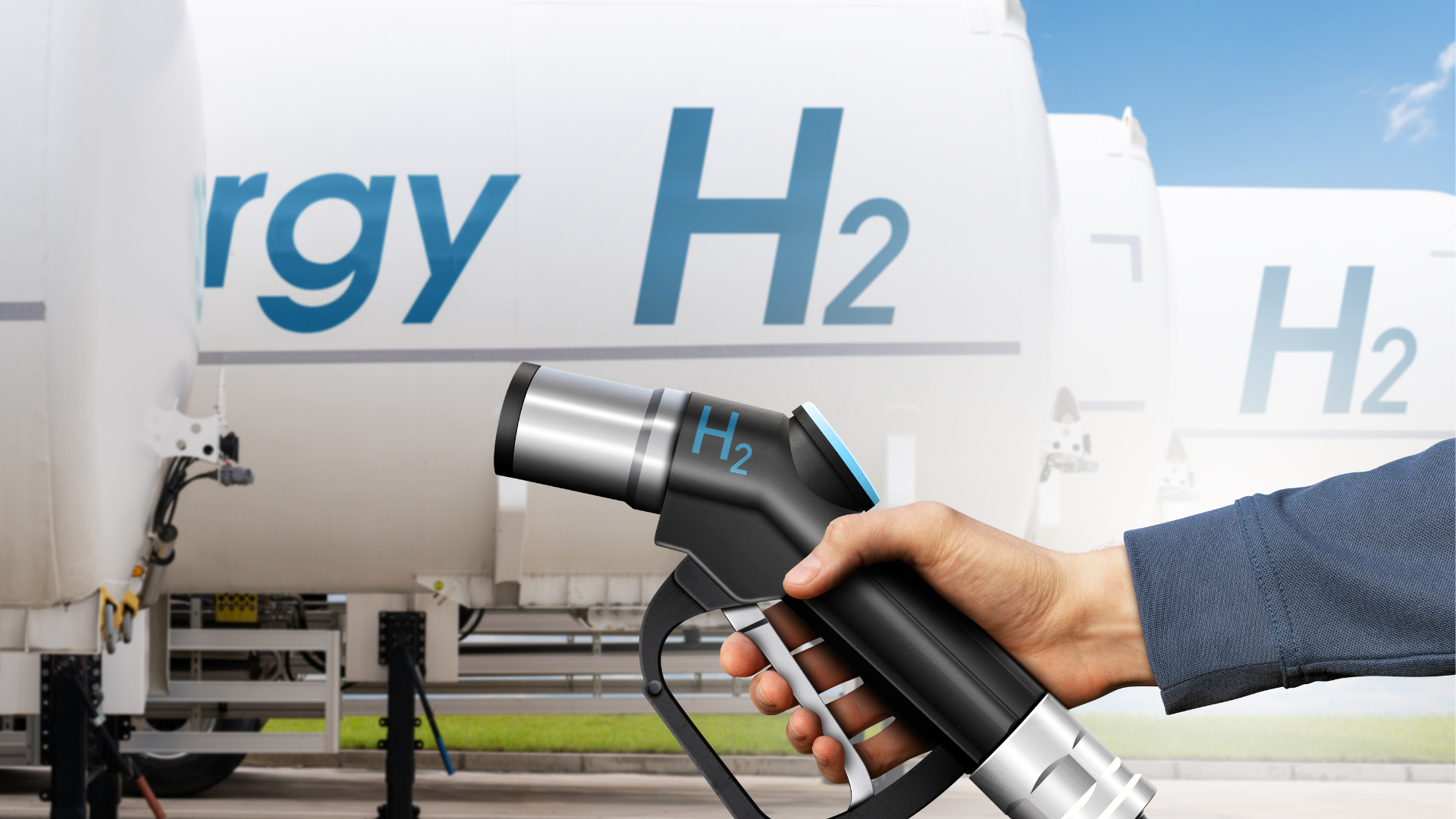
Rolling out green hydrogen to electrify the economy
Sector-coupling is a promising approach to replace fossil fuels with renewables. However, this idea of “electrifying” the entire economy requires the rollout of new technologies and rules. The HyEfRe project helps with this by establishing green hydrogen ecosystems in eight regions. The partners foster an investment-friendly environment for renewable energy and green hydrogen technologies. They evaluate hydrogen potentials with a new model and develop ...
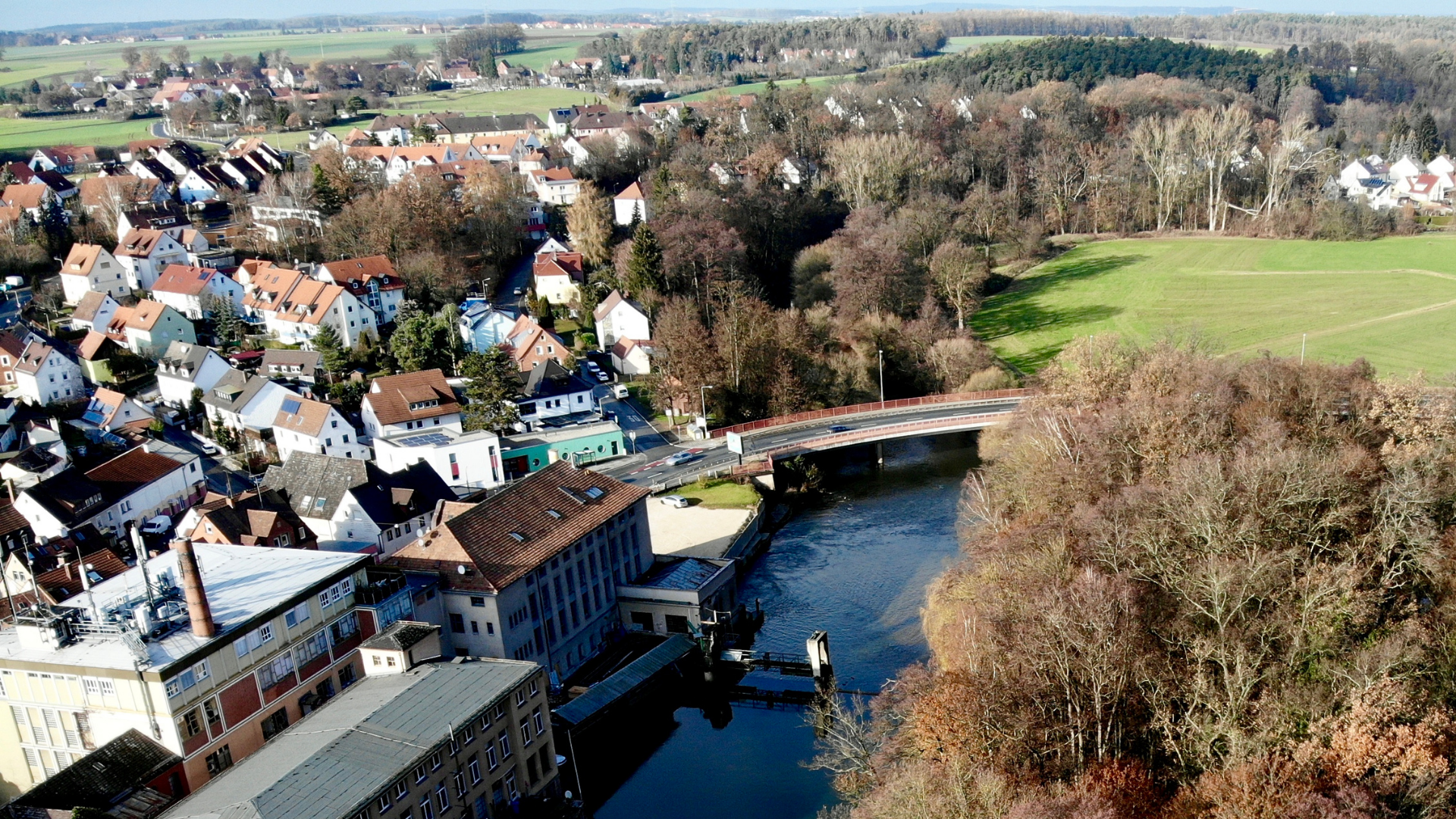
Increasing the resilience of heritage sites in river basins
Climate change increases the intensity and frequency of hydrometeorological events, including landslides, flash floods, storms, heat waves or prolonged drought periods. Amongst other negative consequences, this endangers natural and cultural heritage sites close to river basins. The INACO project strengthens the resilience of these by deploying joint adaptation strategies. The partners also design and test new WebGIS-based solutions for heritage sites and tools for ...

Involving citizens for a just transition
With increasing energy prices, social aspects of the green energy transition have moved into focus. There is broad consensus that the transition has to be just and fair. Ideally, future energy policies and investments are co-created with citizens. The JETforCE project helps regions to better involve their citizens digitally. The partnership tests and validates two novel solutions for digital citizen engagement in policy-making and ...
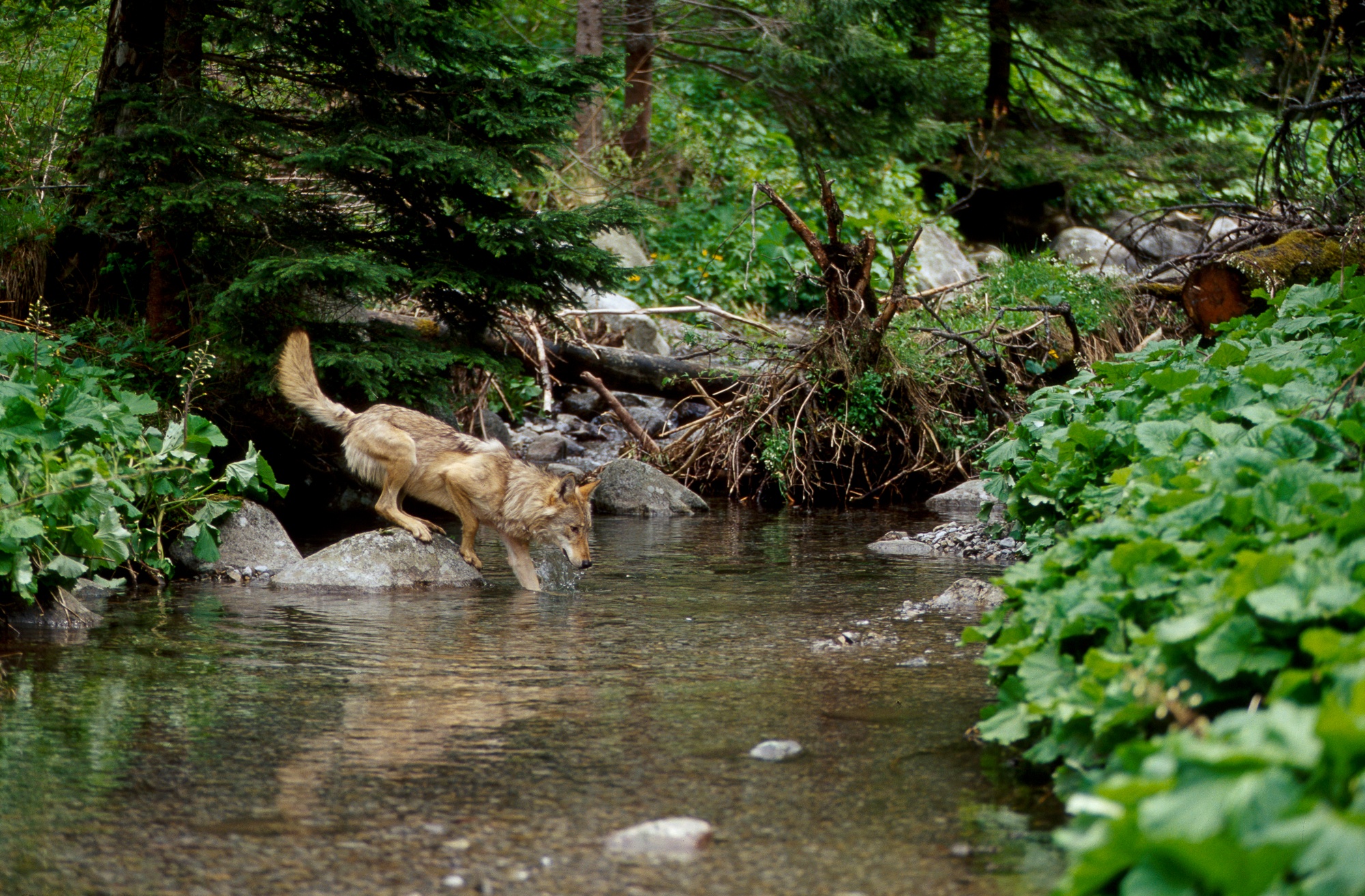
Improving life with large carnivores
The Carpathians are home to large populations of lynx, wolves and bears. In recent years, conflicts between large carnivores and humans have increased, but no one knows if this is due to growing populations because data are not collected in a harmonised way across borders. The LECA project introduces a consistent and efficient monitoring approach, which involves local stakeholders. It will result in up-to-date ...

Joining forces against extreme weather events
Extreme weather events are increasing with rising temperatures. They are best tackled in collaboration but the task too often relies on experts alone. The LOCALIENCE project takes disaster managers out of their one-directional information and service provider position and connects them in a co-design process with local communities. The partnership develops and tests collaborative disaster response and management solutions and mobilises local communities through ...
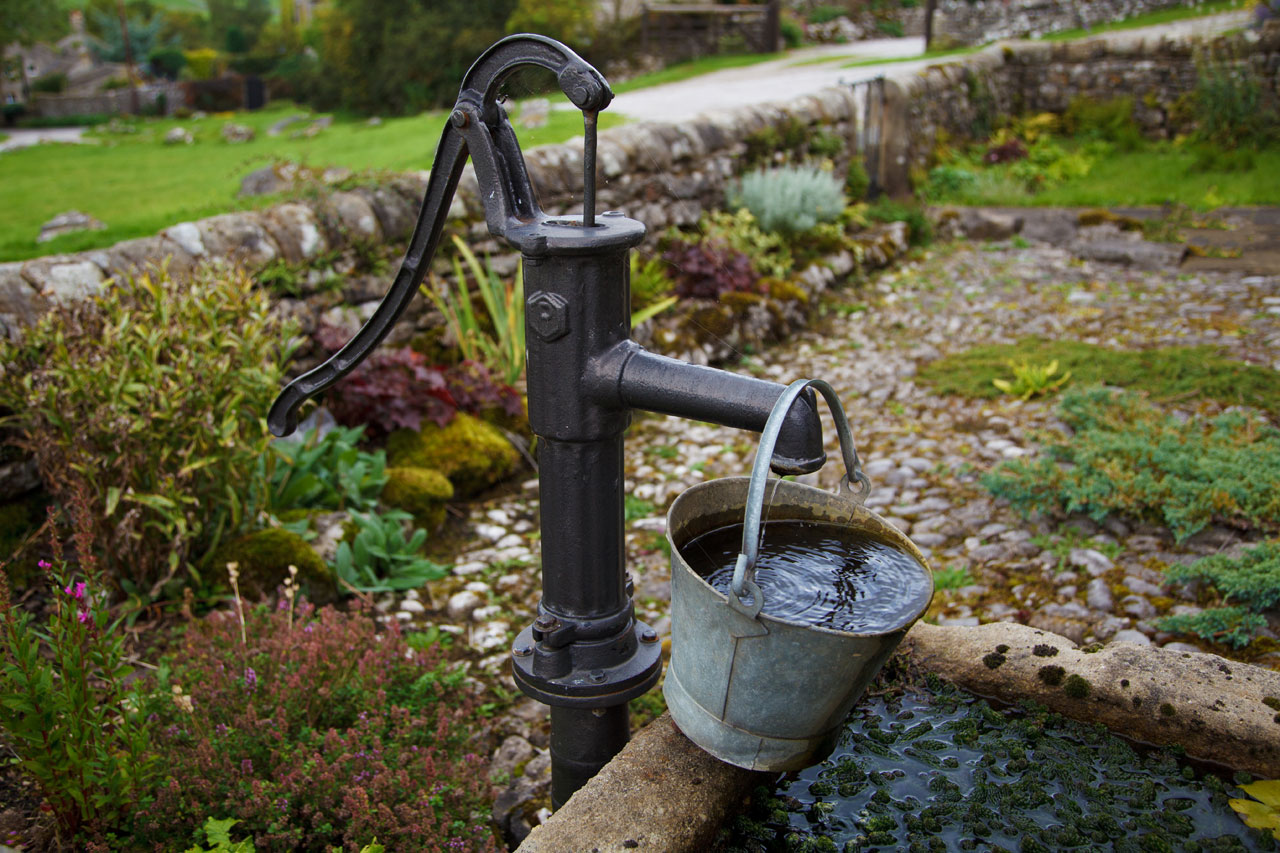
Safeguarding urban water supplies
The impact of climate change is increasingly important for the design, construction, and maintenance of water infrastructure. Scarcity of water resources due to extreme weather events and falling groundwater levels threaten our cities and regions. The MAURICE project introduces new water management solutions for cities. The partnership helps to integrate these into broader concepts on regional climate change adaptation and encourages the uptake of ...

Investing in climate-neutral buildings
A climate-neutral central Europe requires a drastically reduced energy consumption of buildings. However, renovation is often costly and complex. The MESTRI-CE project introduces a new investment model to finance more climate-friendly buildings that guarantee sustainability. The model covers both the supply and demand side of the renovation market and builds on data collected and tools and green standards developed by the project.

Introducing cross-sectoral climate adaptation systems
Resilience to climate change can only be achieved when you look at all parts of the puzzle. Cross-sectoral approaches are needed but silo-thinking is still hard to overcome in central Europe. The MISSION CE CLIMATE project helps regions to better coordinate their responses to climate change. The partners activate citizens in pilot regions to contribute to newly introduced community climate missions and develop a ...
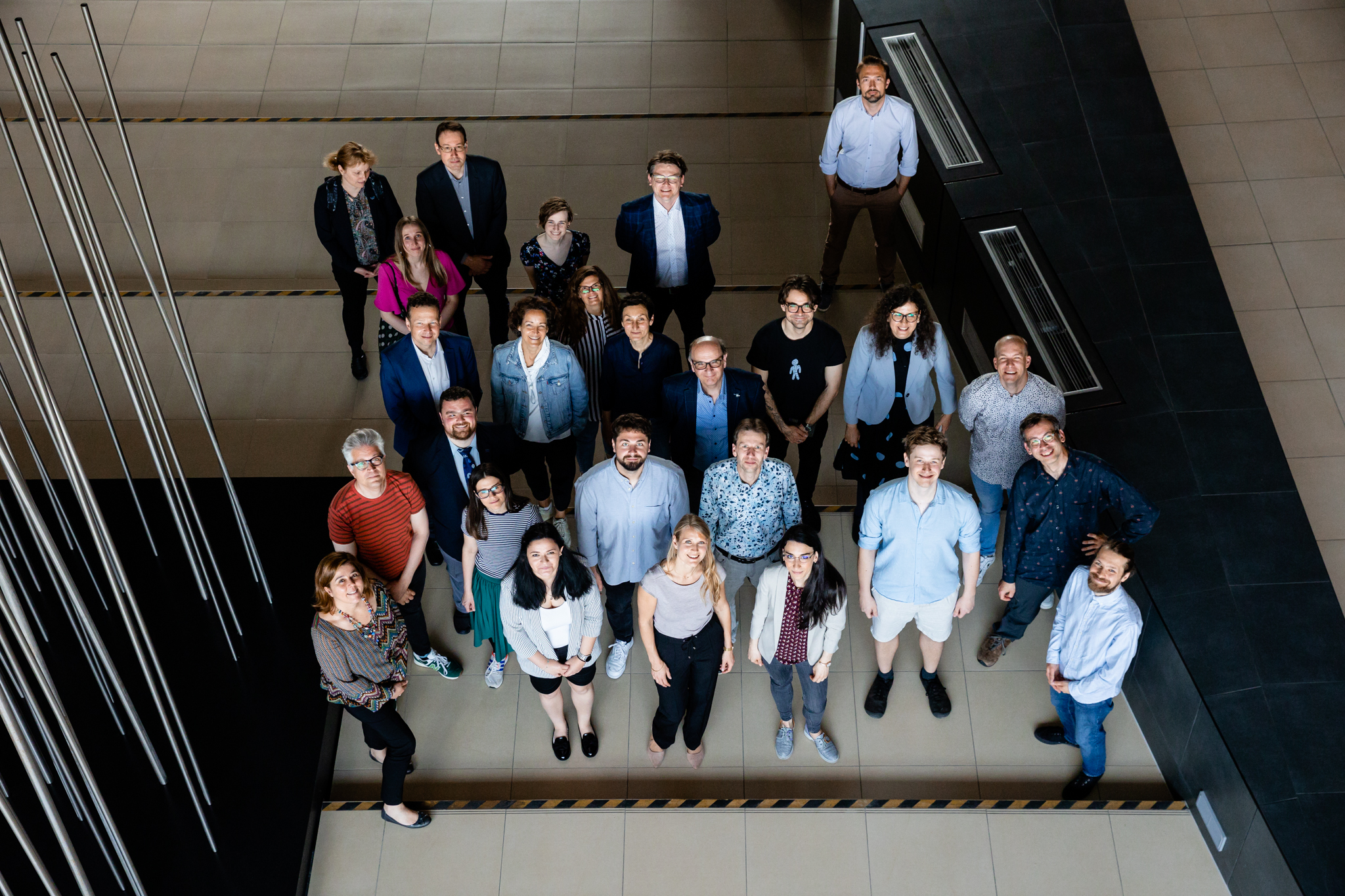
Revitalising fading city centres
City centres have long been busy places where people meet, shop and consume. This started to change fast when the Corona pandemic and growing online trade forced many shops to close. The NiCE project re-vitalises fading city centres by making local trade and consumption more circular and sustainable. The partners develop innovative urban development approaches, which focus on the creation of multifunctional resource centres ...

Parking cars the greener way
Urban mobility planning has long been focused on cars. As a consequence, parking lots reduce public spaces for trees and plants in cities. The needs of cars are prioritised over the needs of people. To change this, the NXTLVL Parking project reviews innovative parking policies and transfers them to central Europe. They design alternative approaches to make mobility planning more sustainable and introduce new ...
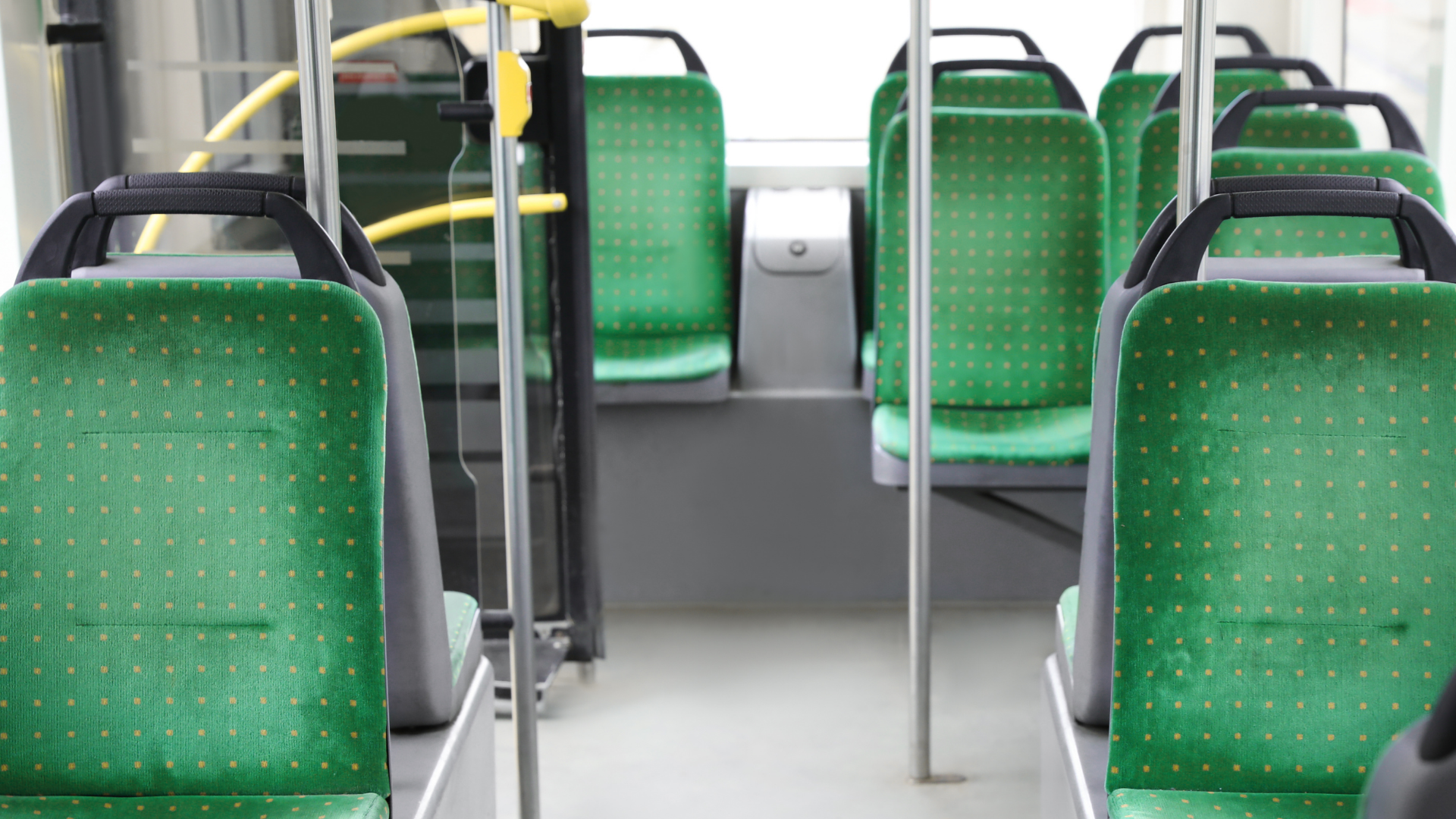
Developing smart tools for green public transport
Public transport in small- and medium-sized central European cities is challenged by a decline of customers, difficult long-term planning and suburban connectivity gaps. To improve this situation and at the same time create more eco-friendly urban mobility systems, the OPTI-UP project fuses transport and urban planning with data-driven methods. New solutions for demand-responsive transport, intelligent route planning and fleet optimisation are tested by the ...

Cleaning up contaminated soils in central Europe
In many of our regions, agricultural soils are contaminated by various pollutants. Moreover, these lands are still used for growing food or animal feed, leading to an uncontrolled uptake of pollutants into the human food chain. The PoLaRecCE project works on a sustainable land management programme and tests cutting-edge tools and techniques to remediate degraded soils for non-food agricultural production. The partners disseminate knowledge ...
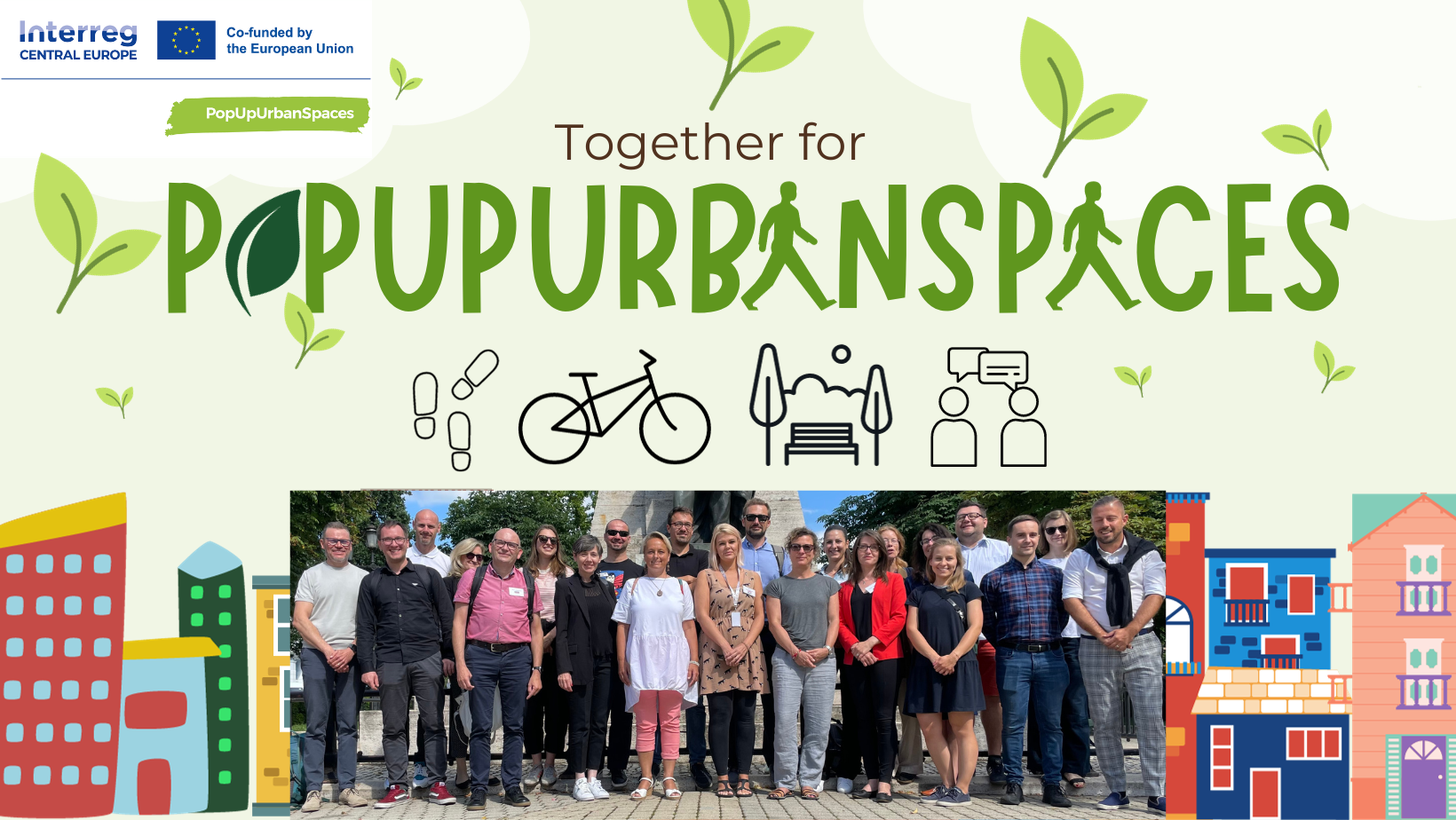
Demonstrating the benefits of greener mobility
Mobility in our cities is still dominated by cars. Sustainable options often exist but are underused. A change of user behaviour is needed. The PopUpUrbanSpaces project applies a “show and tell” approach to raise awareness on the issue. The partners design pop-up interventions to show citizens and policy makers what it would be like to have streets and public spaces not dominated by cars. ...

Designing a common framework for forest restoration
Forests in central Europe are suffering from climate change, physical disturbances and unsustainable management. To reverse their decline requires joint restoration efforts beyond borders but there are no commonly agreed restoration definitions and guidelines, yet. The RE-ENFORCE project addresses this absence by drafting a transnational restoration strategy, based on experiences made in pilot actions with a newly developed, web-based decision support system. The partners ...
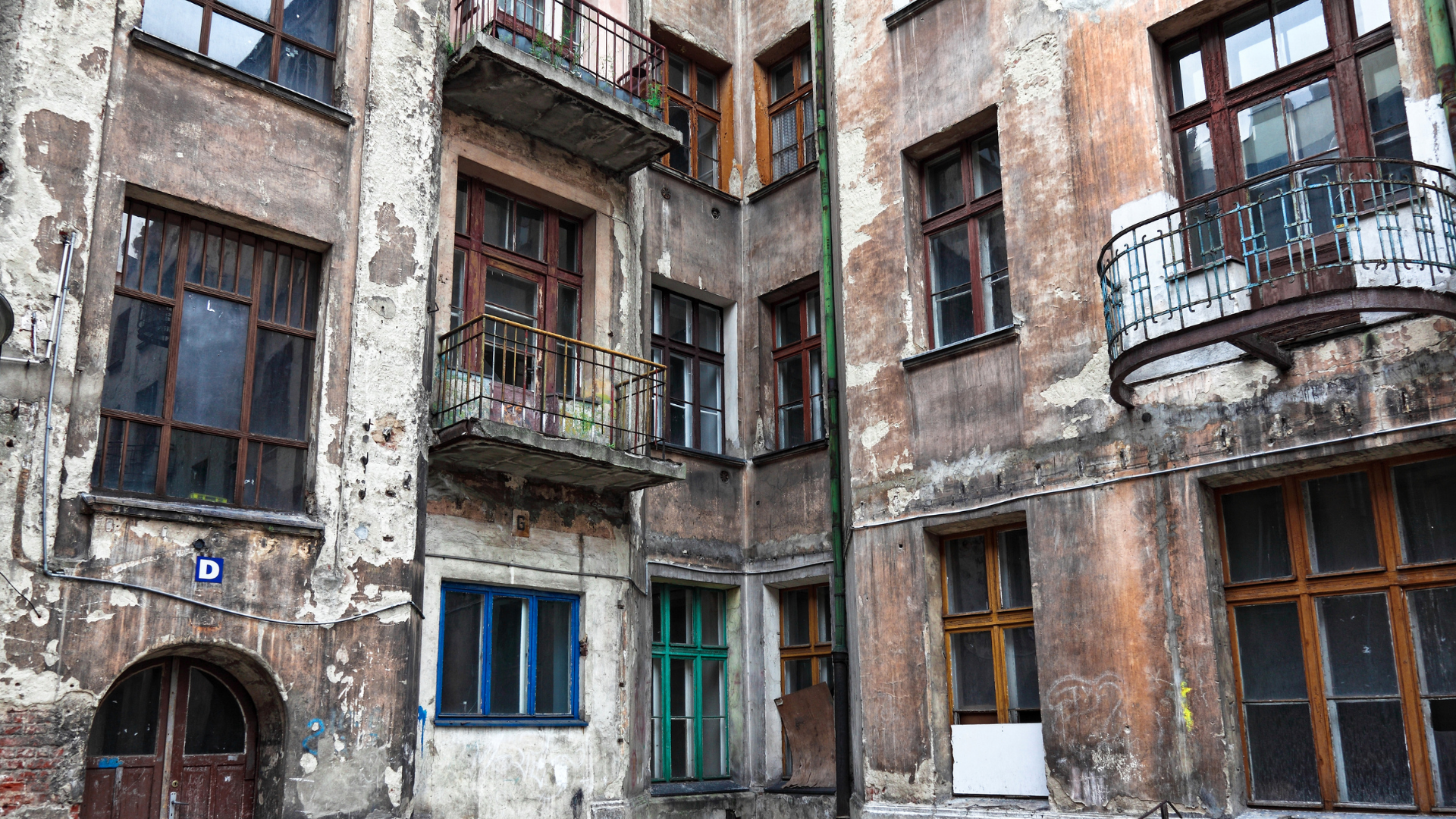
Making historic courtyards fit for climate change
Historic cities often find it difficult to become resilient to climate change. Especially in their centre, quartered buildings with internal courtyards need special attention while tools and policies for their adaptation are missing. The RE-PUBLIC SPACES project involves local communities and applies participatory methods in changing this. The partners develop a new methodology to analyse courtyards as a single spatial organism and prepare adaptation ...

Protecting citizens from heat
Global warming comes with more frequent and intense heat waves. Cities in central Europe need to adapt but many still lack efficient strategies and action plans to protect their citizens from heat. The Ready4Heat project helps them to introduce tested short-, medium- and long-term measures with a focus on the most urgent issue: sudden heat waves. The project makes proven and tested measures such ...
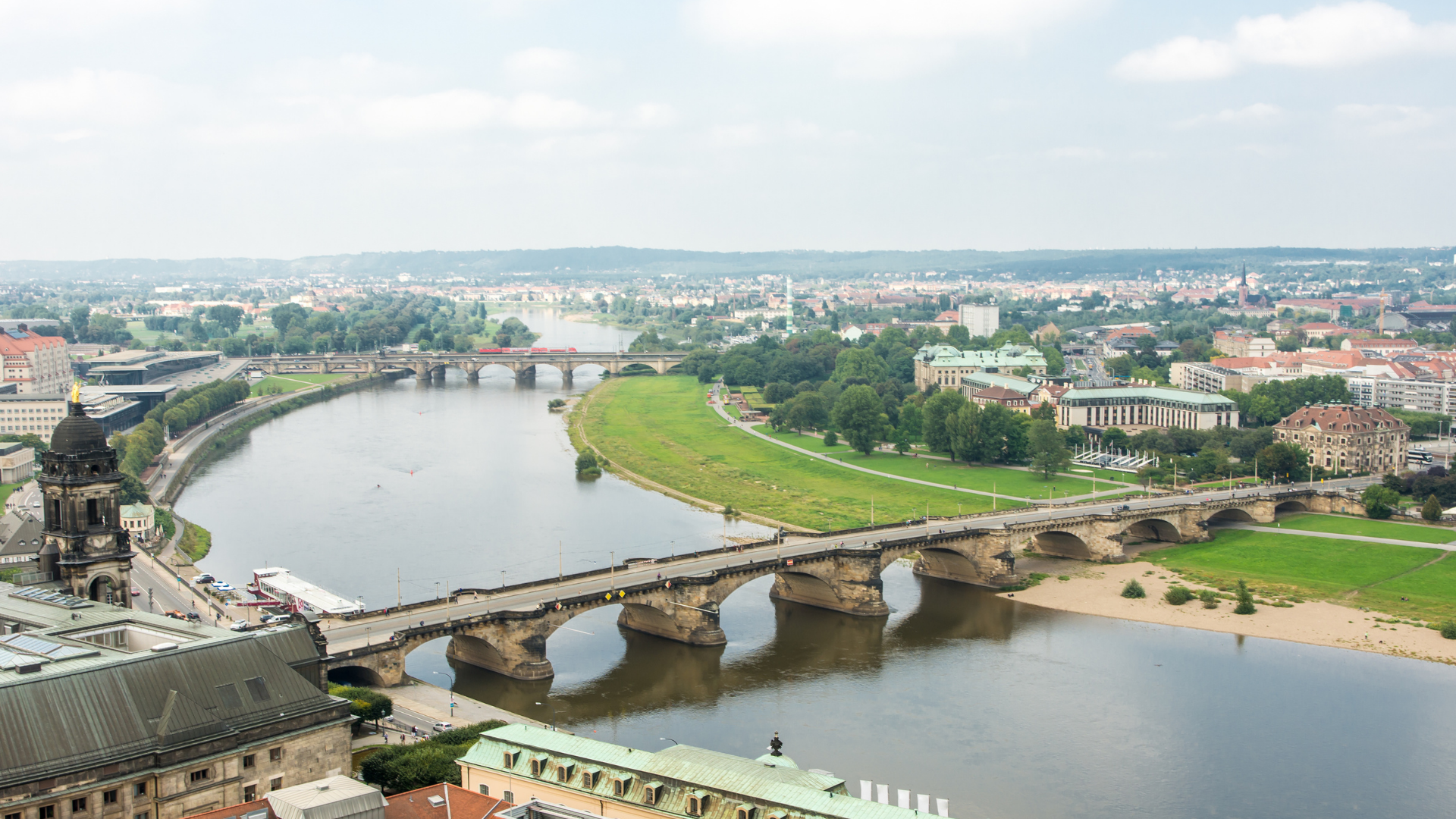
Restoring urban streams to improve the micro climate in cities
Ecological restoration could help overheated cities with improving micro-climatic conditions and halting the decline of biodiversity. However, restoring green and blue nature corridors still lacks widespread acceptance among urban planners. The ReBioClim project addresses the many barriers and challenges for their nature-based solutions and strengthen the provision of sustainable biodiversity and ecosystem services. The partners focus on the re-establishment of urban streams. They analyse ...

Building a greener construction sector
The construction industry heavily contributes to resource consumption, waste generation, and greenhouse gas emissions. The adoption of circular and digital practices can help reduce the environmental impact of the sector. The ReBuilt project promotes these approaches in an education programme and deploys new solutions. The partners also design a transnational circular and digital construction strategy that builds on green labelling, end-of-waste criteria, and green ...

Protecting ecosystems across borders
The European Green Belt is a unique network of ecologically important habitats and protected nature areas. Crossing countries along the line of the former Iron Curtain, it is under pressure: growing land use is leading to biodiversity and habitat degradation. The ReCo project pilots a new protection and conservation strategy by capitalising on geo-information and data processing systems. The partnership also adopts a ...
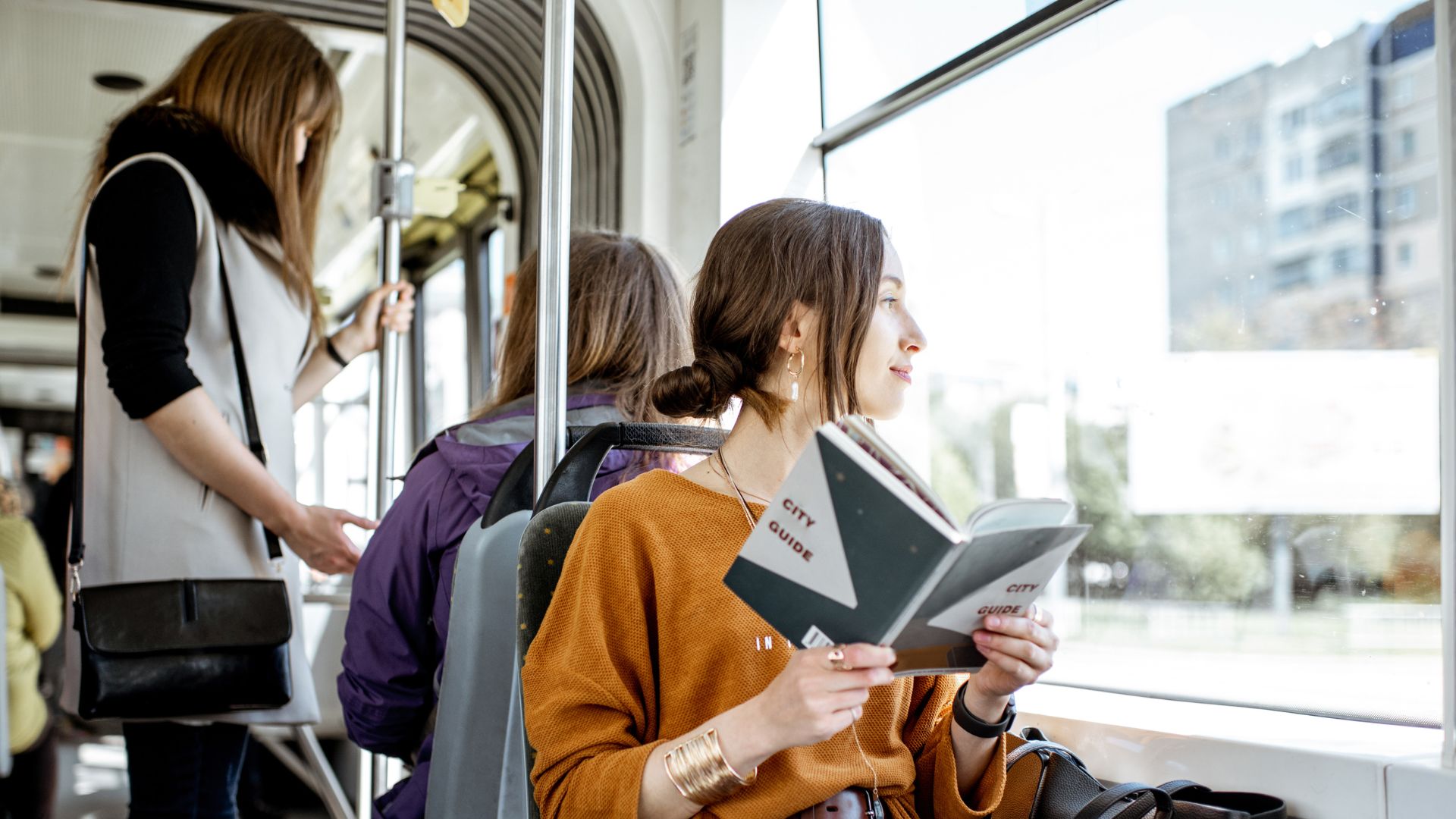
Reducing the energy consumption of transport systematically
Transport remains a huge consumer of energy in central European countries. It is still highly dependent on fossil fuels and produces enormous emissions. Partners in the REDU-CE-D project work together to increase efficiency of different modes of transportation by transposing the European energy directive. They develop and disseminate a customized environmental management system based on EU requirements and a joint strategy. In this process, ...
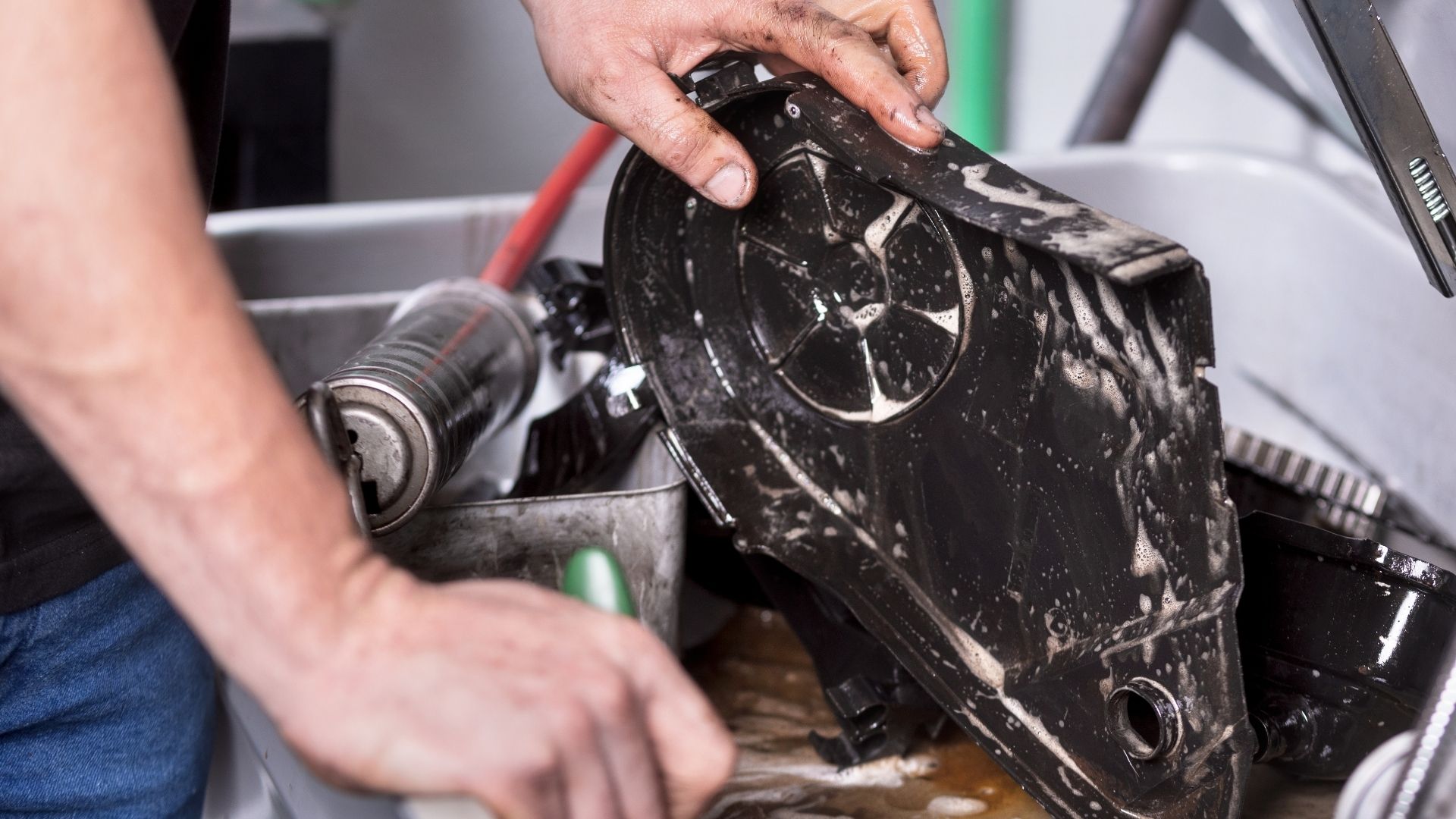
Making the mechanical sector more circular
The manufacturing industry in central Europe uses a lot of resources but recycles only 12%. To improve circularity, waste streams need to be better understood and new solutions developed. The REUSE2030 project analyses current waste streams and circular practices in the mechanical sector. This leads to a new digital circular inventory, which empowers mechanical companies to autonomously choose sustainable practices. The inventory is complemented ...
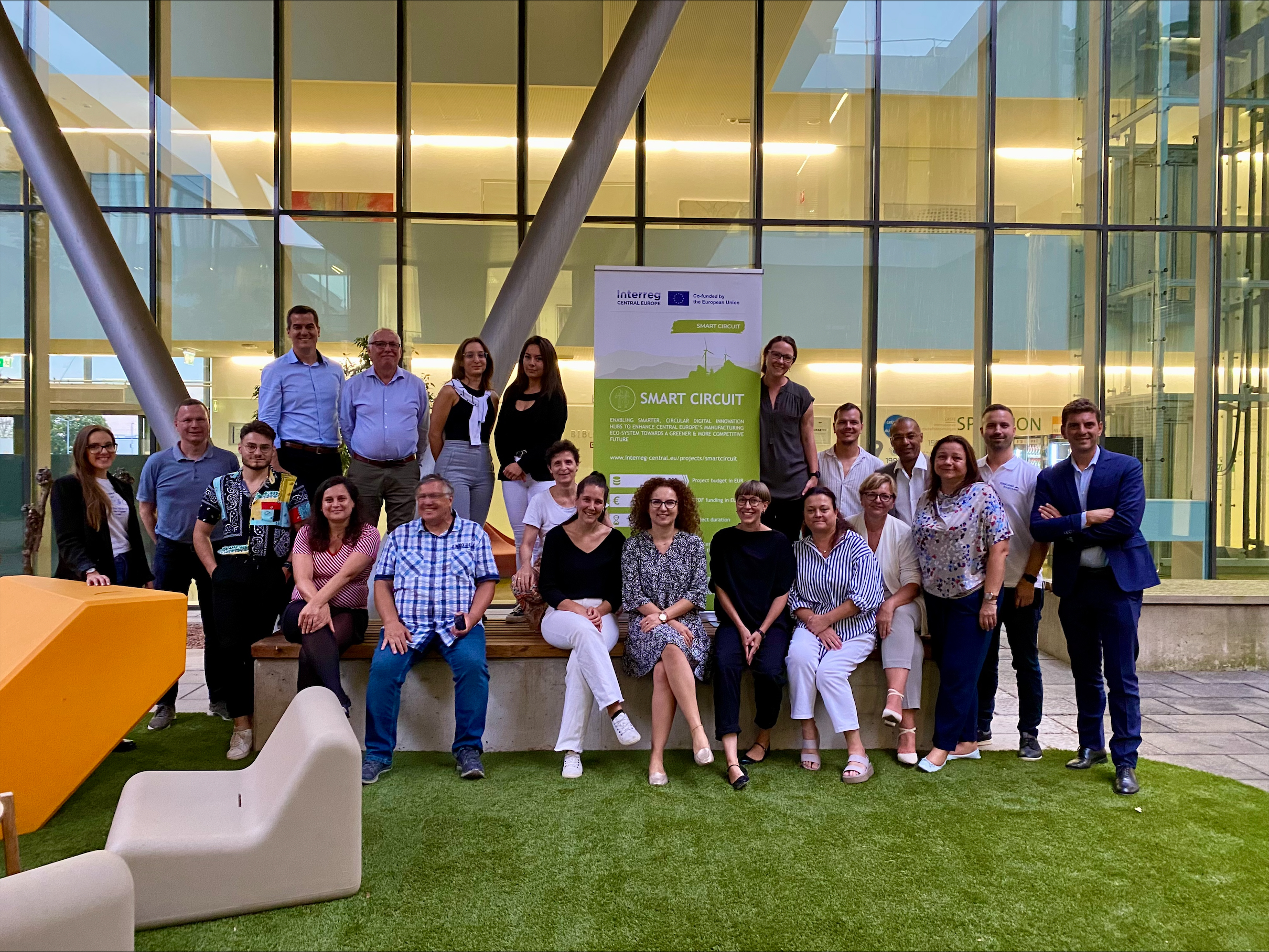
Cleaning up the manufacturing industry
Manufacturing is an important employer in central Europe. But it is also resource-intensive and produces much waste and emissions, especially in value chains related to the electronics, construction and textiles sectors. The SMART CIRCUIT project extends the scope of existing digital innovation hubs to promote circular economy practices. By connecting these hubs throughout central Europe, the partners increase knowledge on best practices and strengthen ...
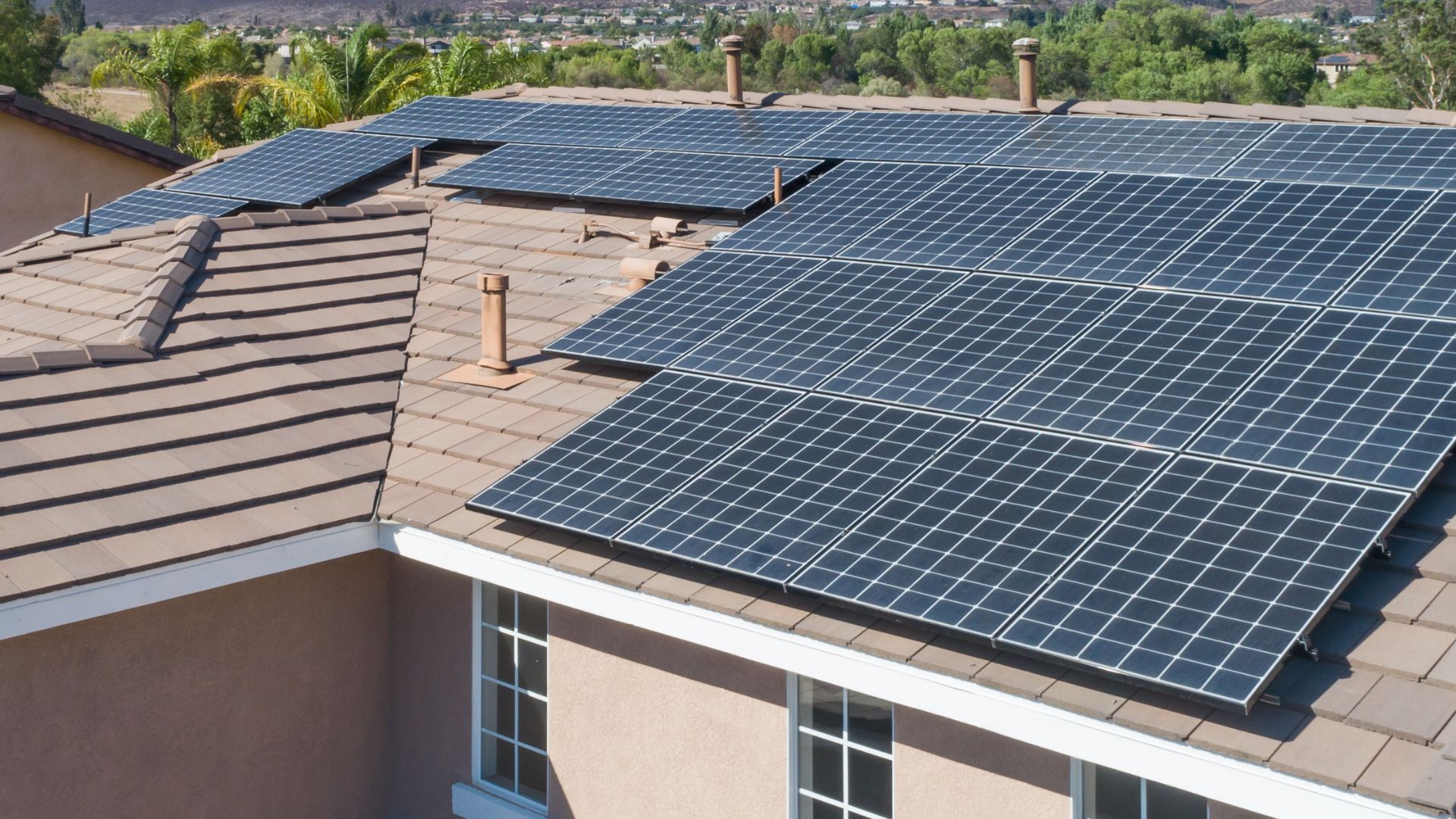
Reducing barriers for prosumers of solar energy in cities
A wider use of solar energy in urban areas is often hindered by insufficient policy frameworks that lead to administrative, technological, and financial barriers. The Solar4CE-Cities project helps cities to change this by promoting the prosumption approach. Prosumers are citizens or entities that not only consume but also produce renewable energy and thus contribute to decarbonise their communities. The partners assess existing prosumer schemes, ...

Helping regions to adapt buildings to extreme weather
Central Europe experiences climatic changes with a growing number and severity of extreme weather events. Communities are affected by climate-related hazards that impact their ecosystems and their built environment. The SuPeRBE project helps local and regional authorities in their adaptation efforts. The partners develop a new digital toolkit, which features a multi-scale assessment tool for the adaptation of buildings, decision-making methodologies, and a 3D ...

Crafting new products from industrial waste
Approaches to circular economy are often fragmented and inefficient. They suffer from a lack of cooperation and symbiosis across sectors. The SYMCRAFT project fosters collaboration between the craft sector and key industries like textiles, wood, furniture, and agri-food. The partners focus on the challenge of repurposing industrial waste from these sectors into innovative craft products. They pioneer eco-friendly business models tailored to the craft ...

Creating a market for biomass products
Central Europe has a strong potential for economically utilising biomass from agriculture. It can be processed in biorefineries and transformed into a range of high value products. But this circular approach is still in its early stages and needs support. The TeBiCE project contributes by establishing sustainable value chains for biomass-based products. The partners also help with creating a market for these products by ...
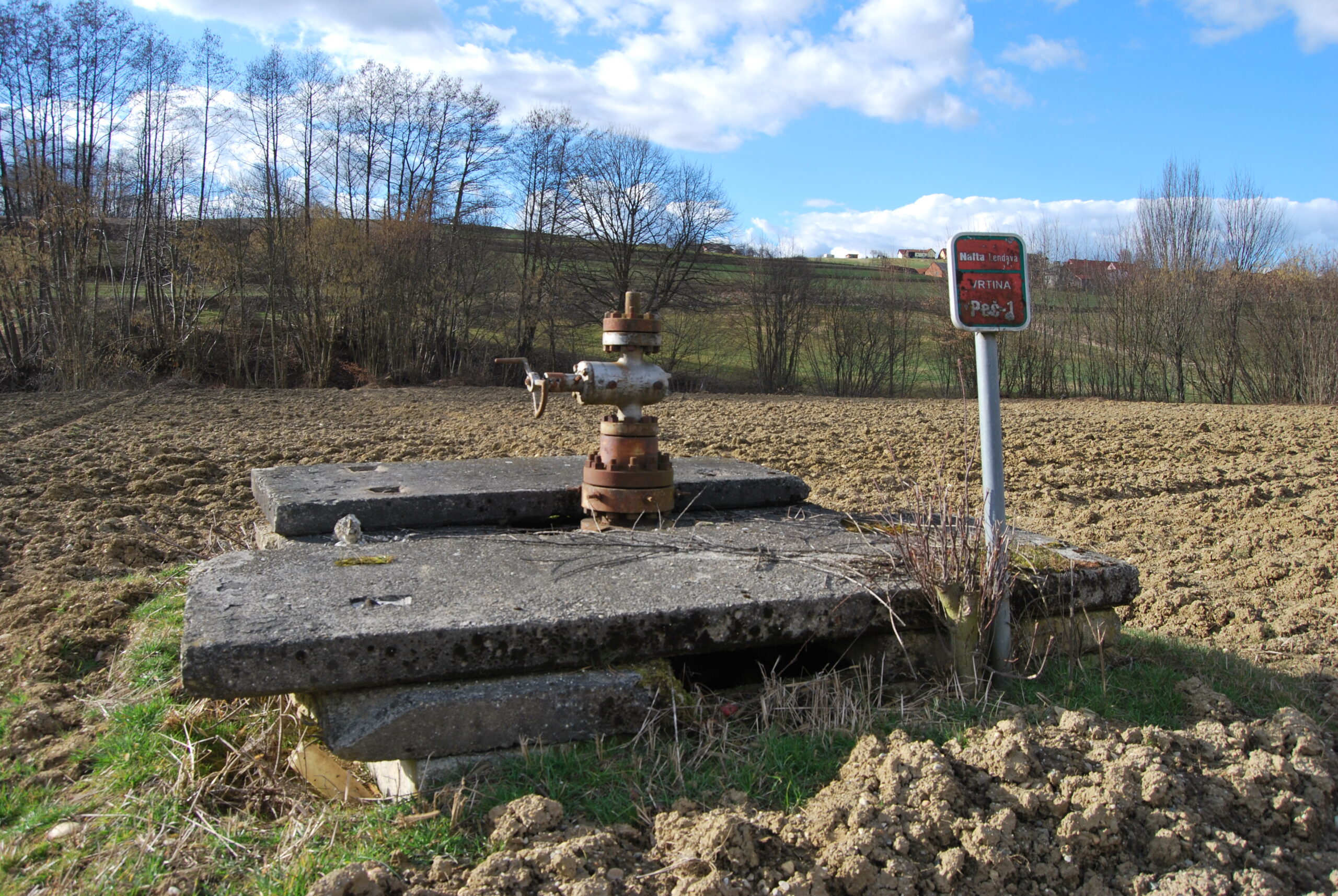
Using abandoned wells for geothermal energy production
The fossil fuels industry is declining in central Europe and leaves behind countless gas and oil wells. The TRANSGEO project is turning this environmental problem into an opportunity: it investigates the potentials of such abandoned infrastructures for producing and storing green geothermal energy. The partnership develops a transnational strategy and regional action plans to give a second life to the wells and tests their ...
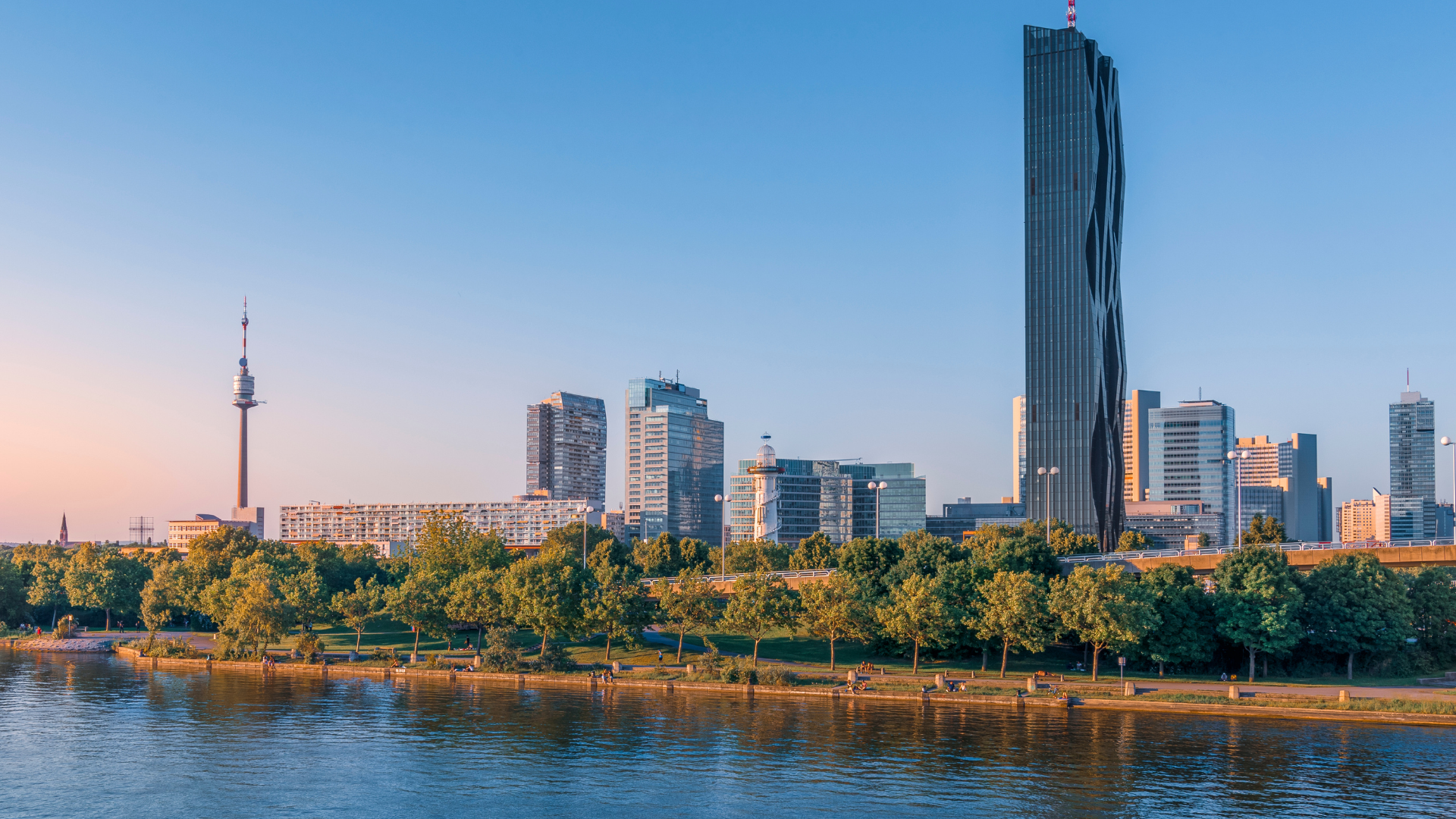
Making it safer to swim in urban lakes and rivers
When it’s hot in summer there is nothing better than taking a swim. However, in central European cities this might not be a good idea: 65% of urban surface waters meet only minimum quality standards. The project UrbanBlueHealth improves this condition by first assessing health impacts and then creating new solutions for cleaning up urban lakes and rivers. Amongst others, the partners develop a ...
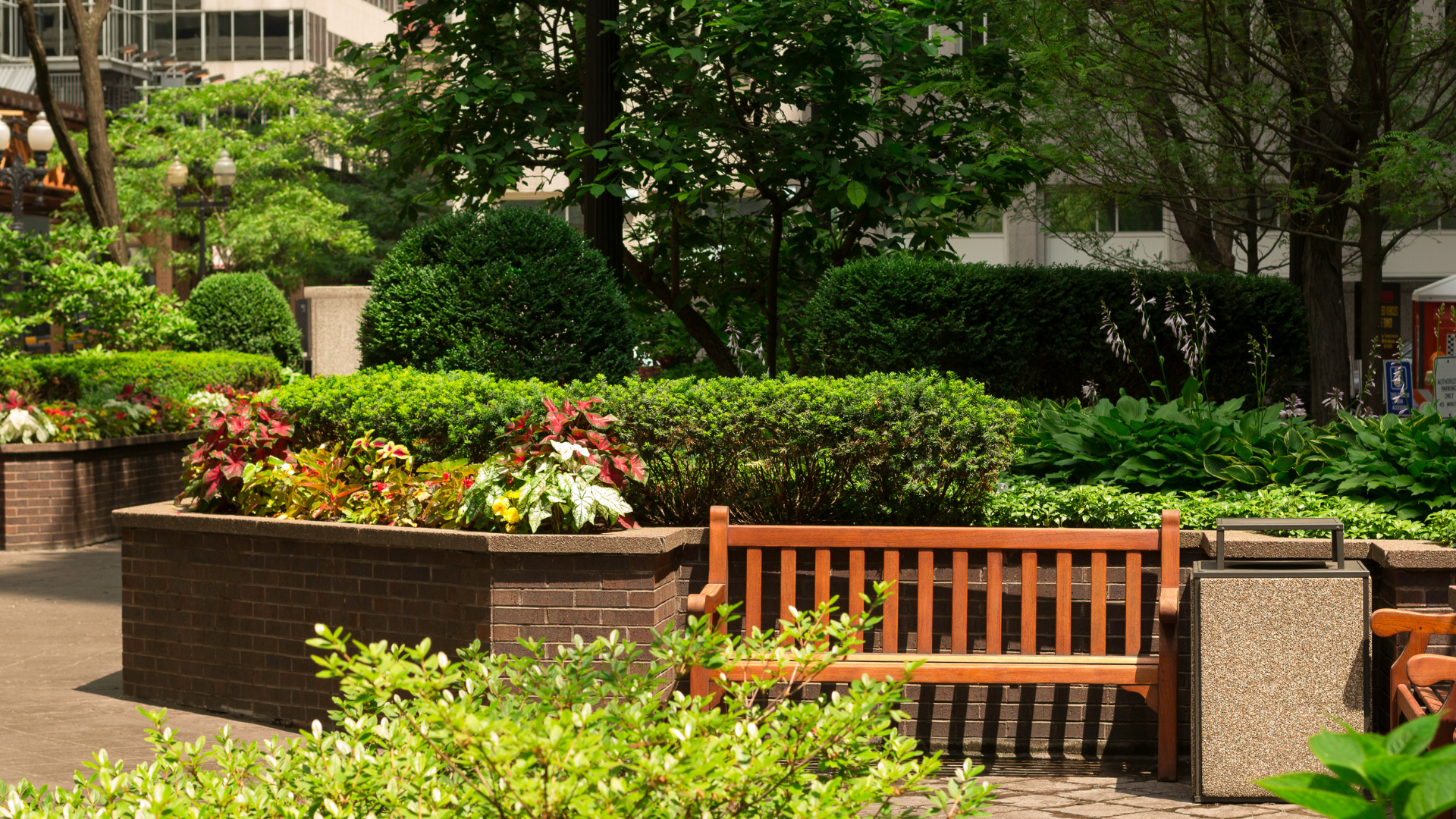
Developing a master plan to protect urban biodiversity
The loss of biodiversity due to climate change is enormous, also in urban areas. To counter this negative development, the URBIO BAUHAUS project protects and boosts urban biodiversity by combining aesthetic design, citizen participation, and science. With this holistic approach, the project innovatively integrates “New European Bauhaus” principles to develop urban biodiversity solutions. The partners create and test biodiverse islands to preserve keystone species ...

Turning cars into power banks
The transformation of our energy systems to renewable energies poses many challenges. One challenge is that renewable energy fluctuates largely over time and needs to be balanced to match demand. The Vehicle-to-Everything (V2X) technology offers a solution by allowing cars to draw energy from the grid to recharge their battery. Or send it back to the grid. The V4Grid project addresses regulatory challenges and ...
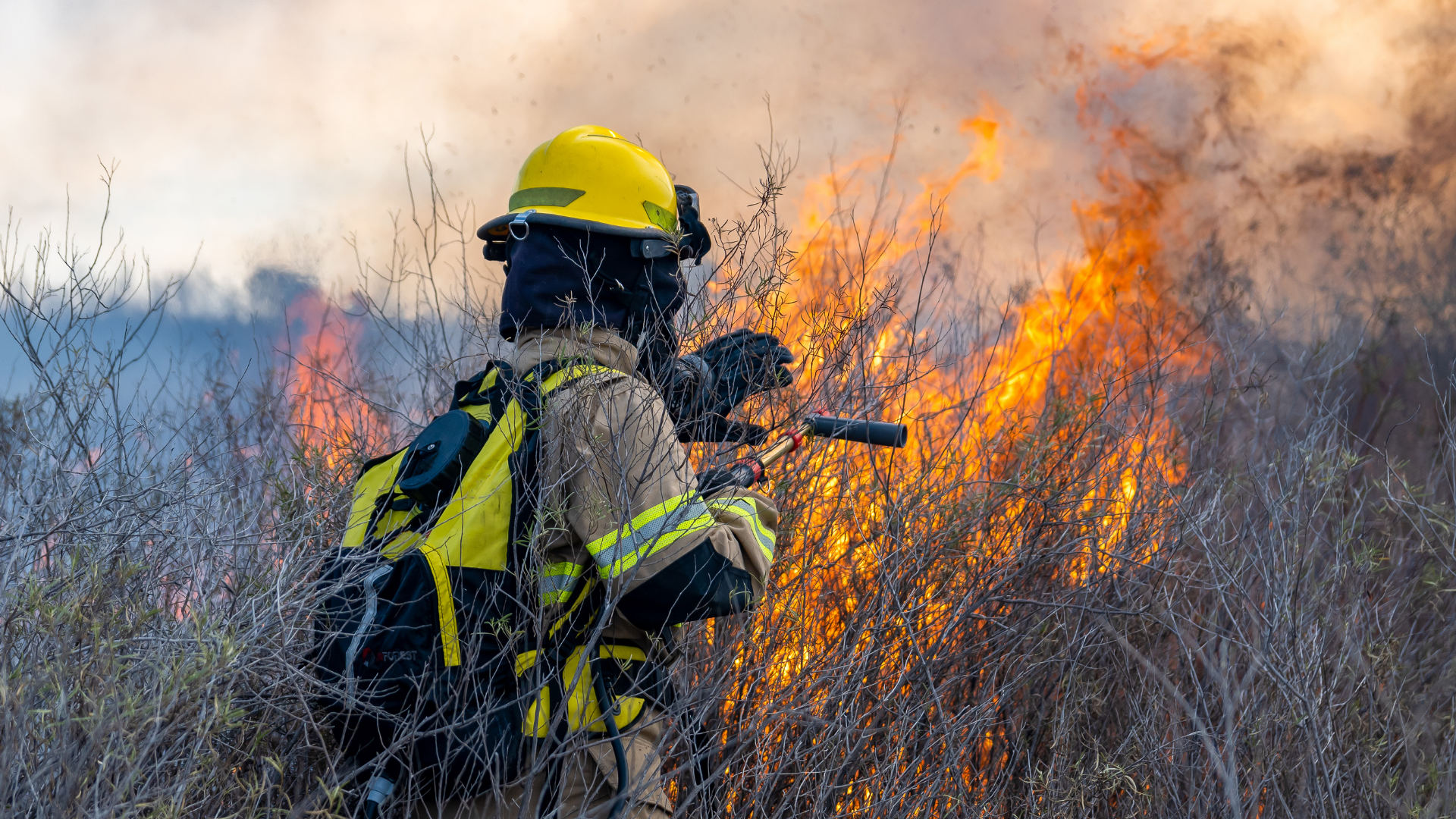
Fighting wildfires better together across borders
Climate change increases the threat of wildfires across central Europe. Since they often affect more than one region, fighting these fires needs better cooperation and information sharing. The Wildfire CE project improves the assessment and management of wildfire risks by mapping fire potentials, providing fire assessment manuals, and developing action plans for pilot regions. In cooperation with regional authorities and emergency services, the partners ...
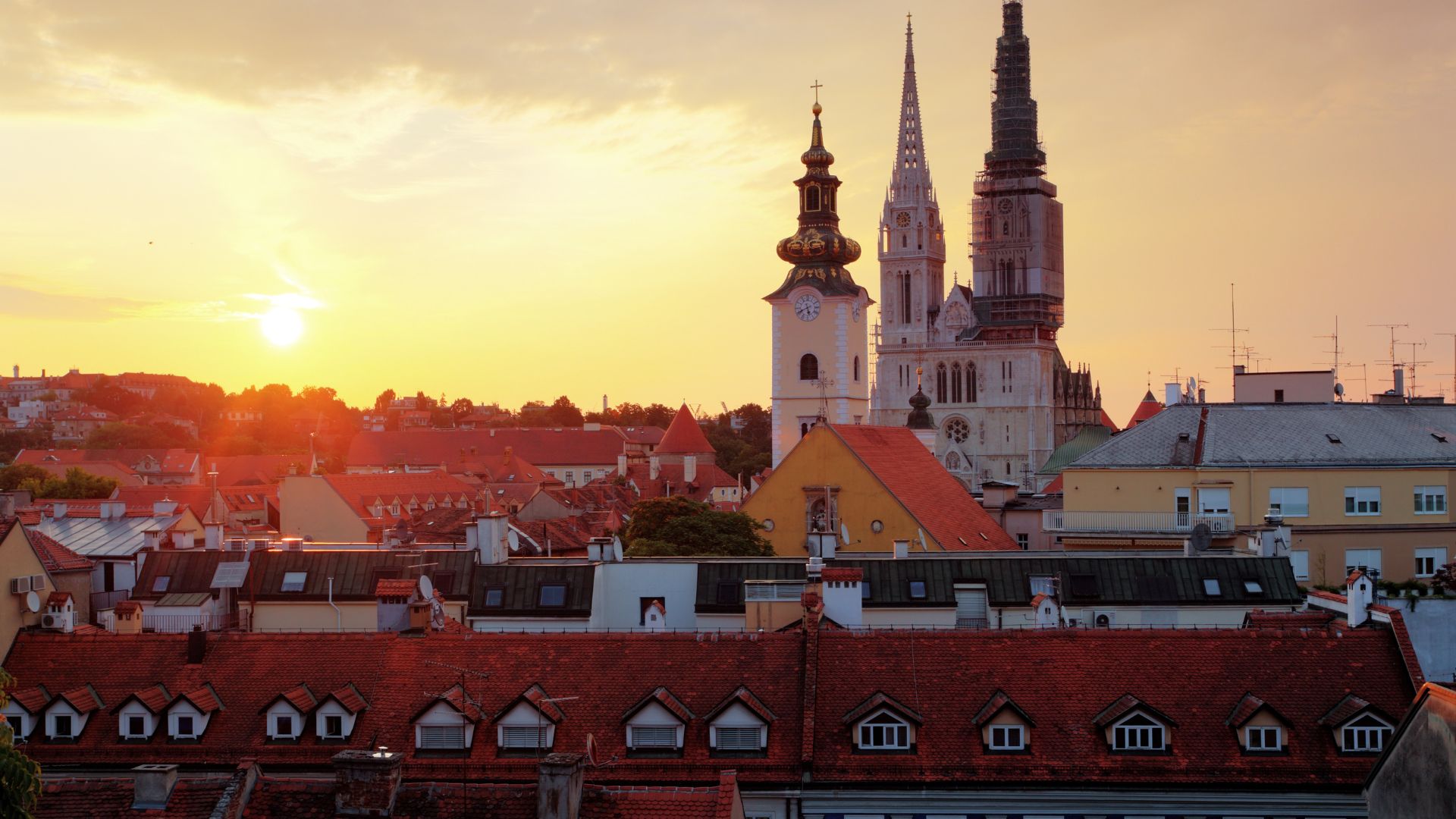
Reducing the energy usage of historic neighbourhoods
Public zero-energy buildings produce enough renewable energy to meet their own annual energy consumption requirements. They help regions and cities to save energy and money. But what to do in historic neighbourhoods with rigid building protection rules? The ZEB4ZEN project develops a transferrable transnational methodology and regional action plans for achieving zero-emission standards, which they also test in pilot actions in historic city neighbourhoods.